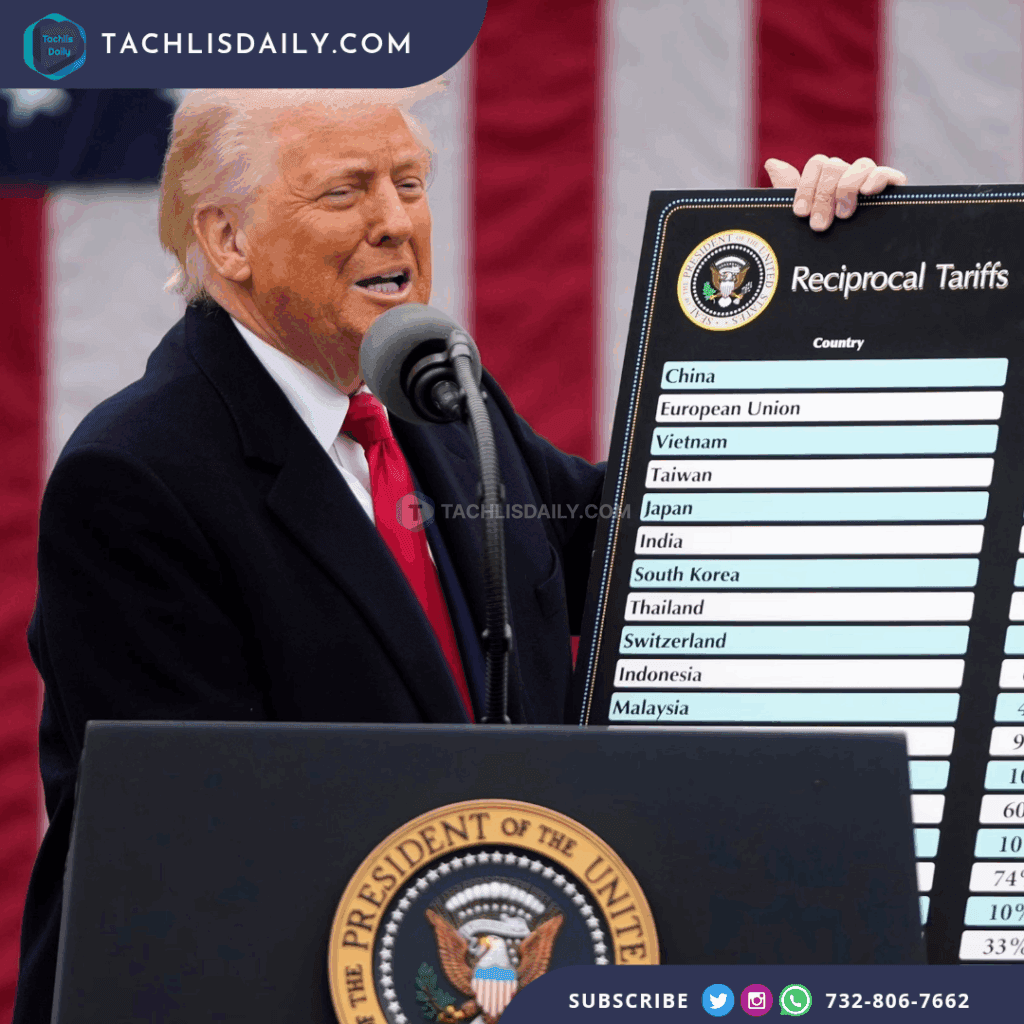
A federal appeals court has temporarily reinstated President Donald Trump’s global tariffs after a lower court ruled that he lacked the authority to impose them unilaterally. The United States Court of Appeals for the Federal Circuit issued an administrative stay of Wednesday’s decision, allowing the tariffs to remain in effect while the court considers Trump’s appeal.
The legal challenge centers on the International Emergency Economic Powers Act (IEEPA), which the president invoked to justify broad tariffs on imports from over 50 countries. A three-judge panel found the use of IEEPA in this context to be excessive and not supported by the statute’s language. The court stated that the president’s tariff actions were “unbounded” in both scope and duration, and therefore exceeded the powers delegated to the executive branch under the law.
In a separate ruling, U.S. District Judge Rudolph Contreras also determined that the tariffs were unlawful, but his decision only applied to two small educational supply companies—Learning Resources, Inc. and hand2mind, Inc.—that brought the lawsuit. Judge Contreras, appointed during the Obama administration, concluded that Trump’s recent use of IEEPA did not meet the required threshold of responding to an “unusual and extraordinary threat.”
The Department of Justice swiftly moved to delay the lower court’s ruling, warning that immediate enforcement could result in significant harm to national security and foreign policy. Federal attorneys argued that stripping the president of tariff authority would weaken the United States’ negotiating position on trade, jeopardize existing deals, and encourage adversarial nations to exploit the shift in policy.
White House spokesman Kush Desai defended the administration’s position, saying the president is addressing a national emergency and that the judiciary should not interfere with executive powers in the realm of international trade. He cited the trade deficit as a critical issue and reaffirmed the administration’s commitment to leveraging every tool available to protect American interests.
The tariffs, first announced in April, have faced multiple lawsuits from small businesses and Democratic-led states. Plaintiffs argue that the president overstepped his authority and imposed what amounts to a sweeping tax increase on American consumers and companies. Legal representatives for the businesses claimed that Trump’s justification—a national emergency based on longstanding trade deficits—was not credible and legally insufficient under IEEPA.
Nevada Attorney General Aaron Ford hailed the ruling as a win for the rule of law, stating that the tariffs were economically harmful and unauthorized. New York Attorney General Letitia James echoed those remarks, characterizing the tariffs as a tax burden on working families and a violation of constitutional limits on executive power.
The broader case continues to unfold in the United States Court of Appeals for the Federal Circuit. A final ruling could have significant implications not only for the legality of President Trump’s trade policies but also for the broader scope of executive authority in economic matters.
Read More: U.S. Trade Court Halts Tariffs Unveiled by President Trump on ‘Liberation Day’











